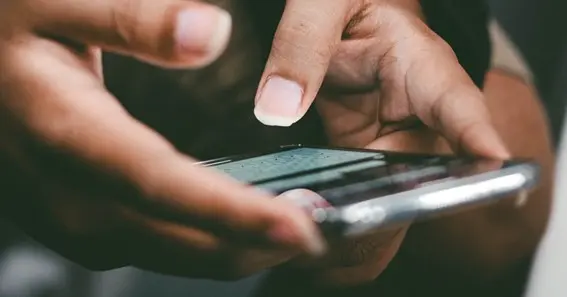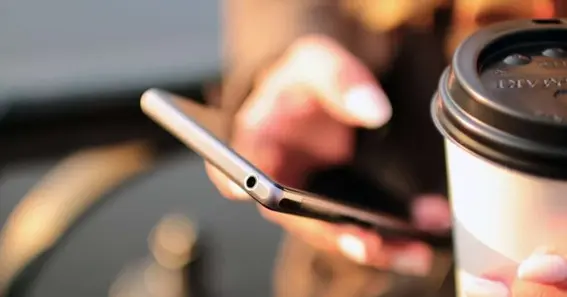What does atp mean in texting? When you text or post on social media, ATP usually means “Answer the phone.” People often use this term to tell others to pick up the phone immediately, stressing the importance of talking immediately.
What Does ATP Mean in Texting?
When you see ATP in a text message or social media, the person receiving it must pick up the phone. Indicating that the call is urgent or essential suggests that the person calling needs to talk immediately. This acronym is especially helpful when you need to or want to respond quickly, like in an emergency or a talk that needs to be finished promptly.
Significance of ATP in Digital Communication

There’s more to understanding ATP meaning in texts than just its letters. It’s a sign of urgency that makes people call immediately in internet exchanges. Its ease of use makes conversation easier across many platforms.
Contextual Urgency
ATP lets people know that they need to talk right away. Understanding this helps people decide how to respond most effectively.
Informal Communication
When people talk to each other online informally, ATP makes the message easier to understand and reduces the need for long answers. As we all know about ATP meaning slang, then you should know how it makes exchanges faster.
Common Usage
ATP is joint because it makes the caller’s request clear and straight.

Conclusion
Lastly, ATP in texting means “Answer the phone,” a short way to tell someone to pick up a call quickly. Its wide use shows how important it is to communicate immediately in digital settings.
FAQ
What does ATP stand for when you text?
ATP, which stands for “Answer the phone,” urges the receiver to answer a call quickly.
Why do people write with ATP?
It emphasizes how important it is to answer the phone quickly, usually when contact needs to happen right away.
Do you only talk with ATP?
No, it’s also used on social media and other digital sites where people like to talk quickly and directly.
When is ATP appropriate for a professional setting?
It’s often used in casual or less formal internet conversations than in official ones.
Sources:










